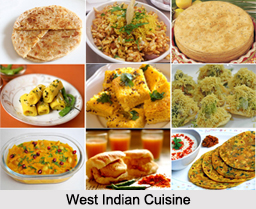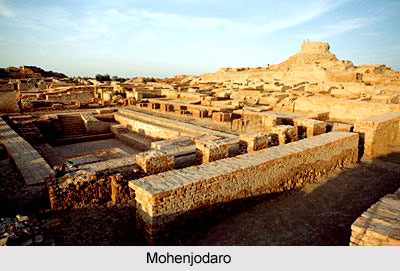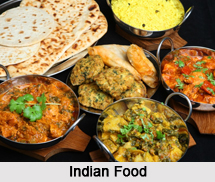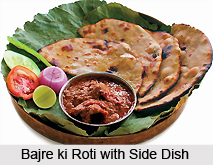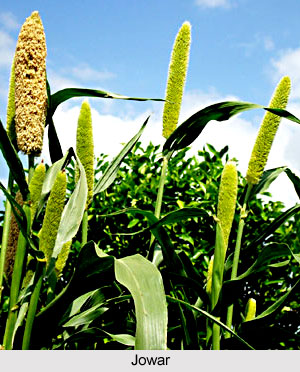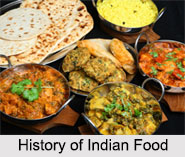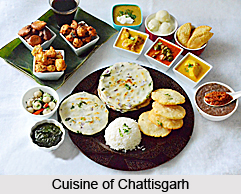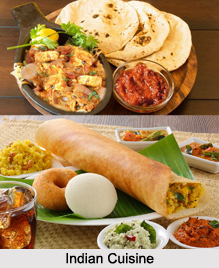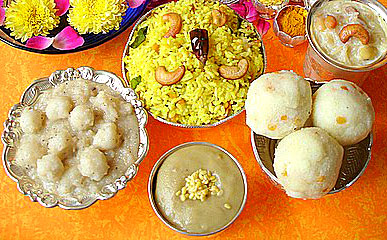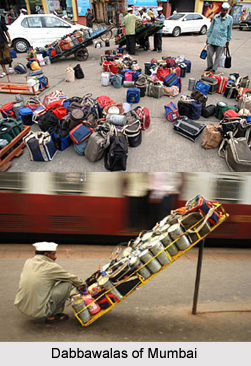 The word "Dabbawala" can be interpreted as "box-carrier" or "lunchpail-man". In Marathi and Hindi, "dabba" means a box (usually a cylindrical aluminium container), while "wala" signifies someone in a trade concerning the object referred to in the former term. More specifically, the word dabbawala implies a person in the Indian city of Mumbai who carries and delivers freshly made food from home in lunch boxes to office workers. Dabbawalas are sometimes called tiffin-wallas. The profession of these people is a highly specialised trade that is more than a century old. They are a part and parcel of daily life of Mumbai Officegoers by providing food .
The word "Dabbawala" can be interpreted as "box-carrier" or "lunchpail-man". In Marathi and Hindi, "dabba" means a box (usually a cylindrical aluminium container), while "wala" signifies someone in a trade concerning the object referred to in the former term. More specifically, the word dabbawala implies a person in the Indian city of Mumbai who carries and delivers freshly made food from home in lunch boxes to office workers. Dabbawalas are sometimes called tiffin-wallas. The profession of these people is a highly specialised trade that is more than a century old. They are a part and parcel of daily life of Mumbai Officegoers by providing food .
This trade has become integral to the culture of Mumbai. The concept of the dabbawala came into being when a person named Mahadeo Havaji Bachche started the lunch delivery service with about a hundred men. At the present time, Indian businessmen are the main customers for the dabbawalas, and the service often includes both cooking and delivery. Everyone who works inside this system is treated as an equal. Whatever may be a dabbawala`s function, everyone gets paid about two to four thousand rupees per month. More than 175,000 or 200,000 lunch packages get delivered every day by an estimated 4,500 to 5,000 dabbawalas, all with an exceptionally small nominal fee and with maximum punctuality.
The BBC has formed a documentary on dabbawalas. Moreover, Prince Charles, during his tour to India, visited them. As a result of the tremendous publicity, some of the dabbawalas were asked to give guest lectures in top business schools of India. Interestingly, the success of the dabbawala trade has involved no Western up to date high technology. 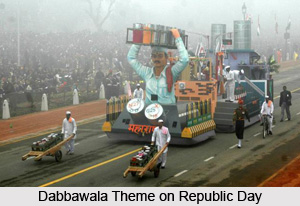 The New York Times reported in 2007 that the 125 year old dabbawala industry continues to grow at a rate of 5- 10% per year.
The New York Times reported in 2007 that the 125 year old dabbawala industry continues to grow at a rate of 5- 10% per year.
Although the service provided by the dabbawalas remains essentially simple, with the barefoot delivery men, the dabbawalas have started to adopt contemporary information technology. They now permit booking for delivery through SMS (Short Messaging Service). A web site, mydabbawala.com, has also been launched to allow on- line booking, in order to keep up with the modern times. There is also an on-line poll to ensure customer feedback.
The success of the system depends on teamwork and time management and is at par with the work of a modern manager. A straightforward colour coding system acts as an ID system for the destination and recipient. Moreover, there are three stratas of management. It is necessary for each dabbawala to contribute a minimum capital in the form of two bicycles and a wooden crate for the tiffins, white cotton kurta-pyjamas, and the white trademark Gandhi topi (cap). The return on capital is guaranteed by monthly division of the earnings of each unit. The service is unremitting even on the days of adverse weather conditions, such as Mumbai`s characteristic monsoons. At times, people communicate between home and work by conveying messages through the boxes. This process was widespread before the arrival of instant telecommunications.
